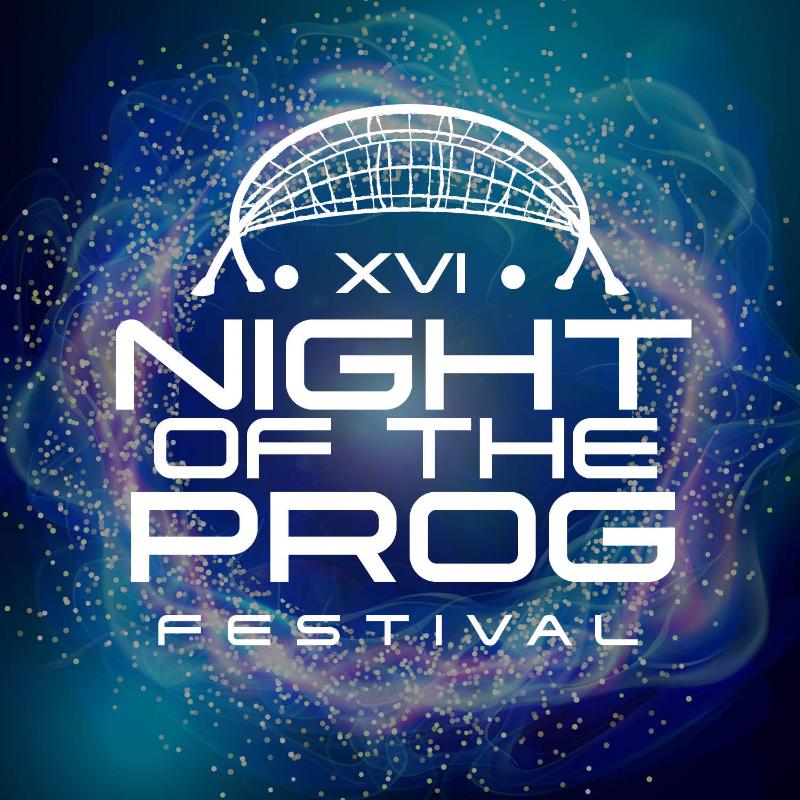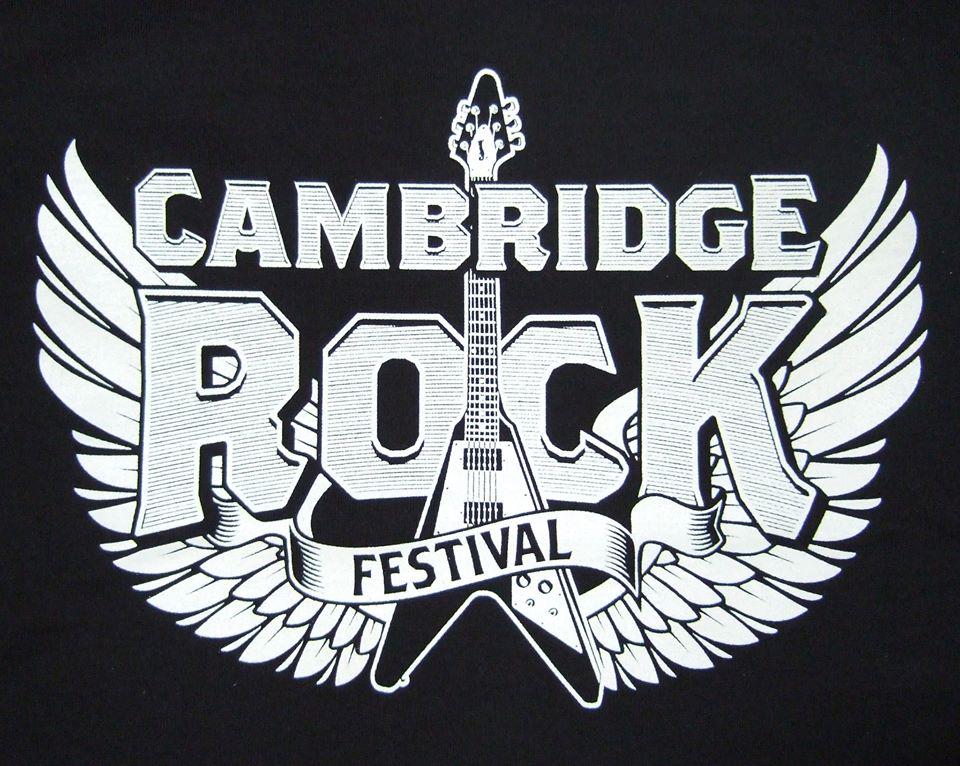Known for their atmospheric soundscapes, conceptual albums, and experimental approach, Pink Floyd is often considered one of the pioneers of progressive rock. Albums like "The Dark Side of the Moon" (1973) and "Wish You Were Here" (1975) showcased their innovative use of instrumentation, extended compositions, and thought-provoking lyrics.
With their intricate compositions, virtuosic musicianship, and complex vocal harmonies, Yes pushed the boundaries of progressive rock. Albums such as "Fragile" (1971) and "Close to the Edge" (1972) exemplified their blend of progressive structures, classical influences, and fantastical themes.
Genesis, led by Peter Gabriel and later Phil Collins, incorporated elements of progressive rock, art rock, and theatricality into their music. Albums like "Foxtrot" (1972) and "The Lamb Lies Down on Broadway" (1974) showcased their storytelling abilities, dynamic shifts, and elaborate arrangements.
Considered one of the most innovative and experimental progressive rock bands, King Crimson pushed boundaries with their complex time signatures, unconventional song structures, and avant-garde approach. Their debut album, "In the Court of the Crimson King" (1969), remains a landmark in the genre.
Known for their technical proficiency and eclectic blend of rock, progressive elements, and science fiction-inspired lyrics, Rush has had a significant influence on progressive rock. Albums like "2112" (1976) and "Moving Pictures" (1981) showcased their intricate instrumentation, epic compositions, and Geddy Lee's distinctive vocals.
Blending elements of progressive rock, folk, and classical music, Jethro Tull created a unique and recognizable sound. Their album "Aqualung" (1971), with its combination of acoustic and electric passages, showcased their progressive songwriting and Ian Anderson's distinctive flute-playing.
Emerson, Lake & Palmer: This supergroup, consisting of keyboardist Keith Emerson, bassist/vocalist Greg Lake, and drummer Carl Palmer, fused classical music with rock, creating grandiose and intricate compositions. Albums like "Tarkus" (1971) and "Brain Salad Surgery" (1973) highlighted their virtuosic performances and ambitious arrangements.
Known for their complex musical structures, intricate vocal harmonies, and use of diverse instruments, Gentle Giant pushed the boundaries of progressive rock. Their albums "Octopus" (1972) and "The Power and the Glory" (1974) showcased their technical proficiency and intricate compositions.
These are just a few of the many musicians and bands that have defined progressive rock music. The genre continues to evolve and incorporate new elements, with countless acts making their mark on the progressive rock landscape.
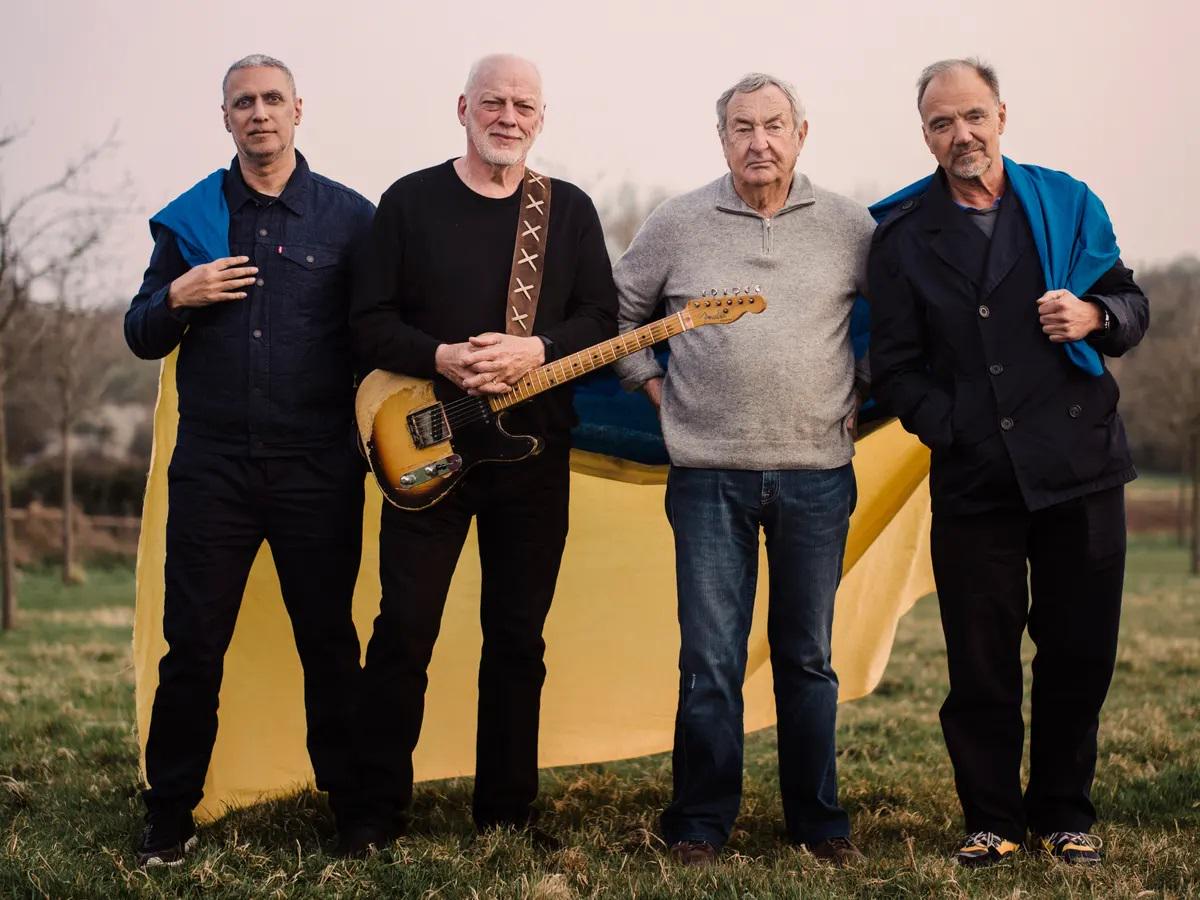

 GBRPopIndie Pop
GBRPopIndie Pop
 IDNRockIndie Rock
IDNRockIndie Rock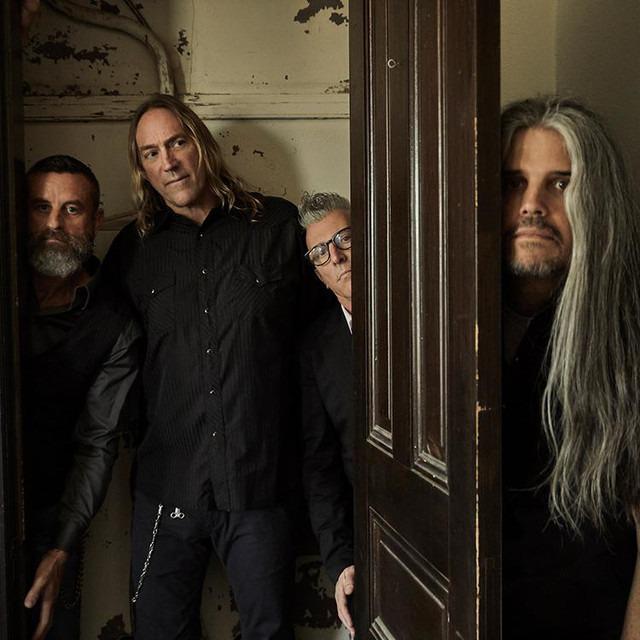
 USARockProgressive Rock
USARockProgressive Rock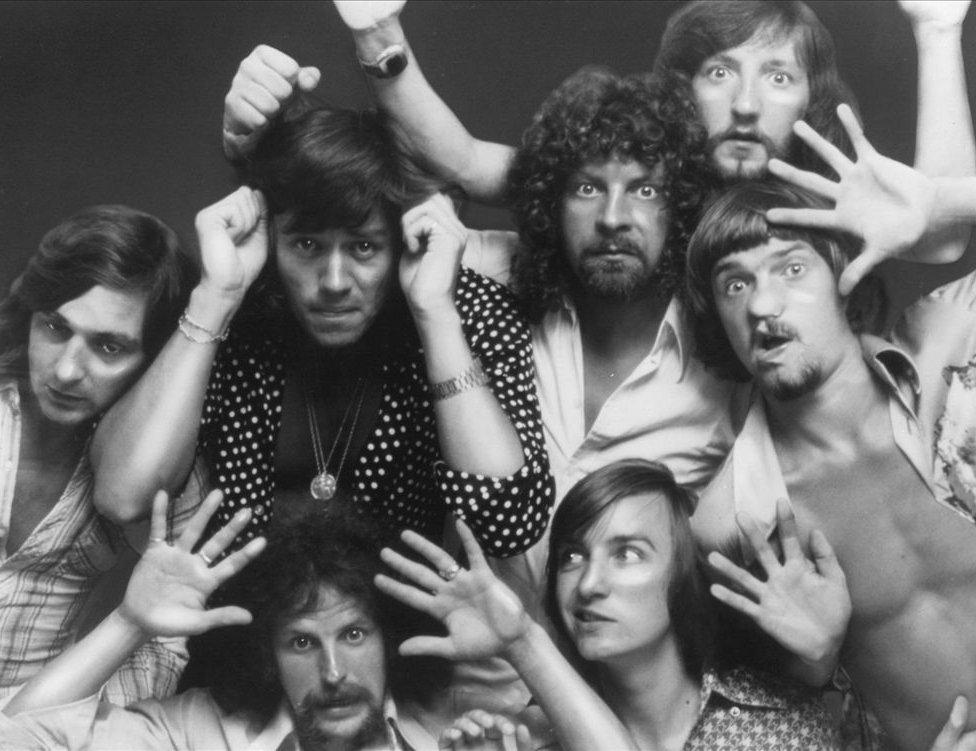
 GBRRockProgressive Rock
GBRRockProgressive Rock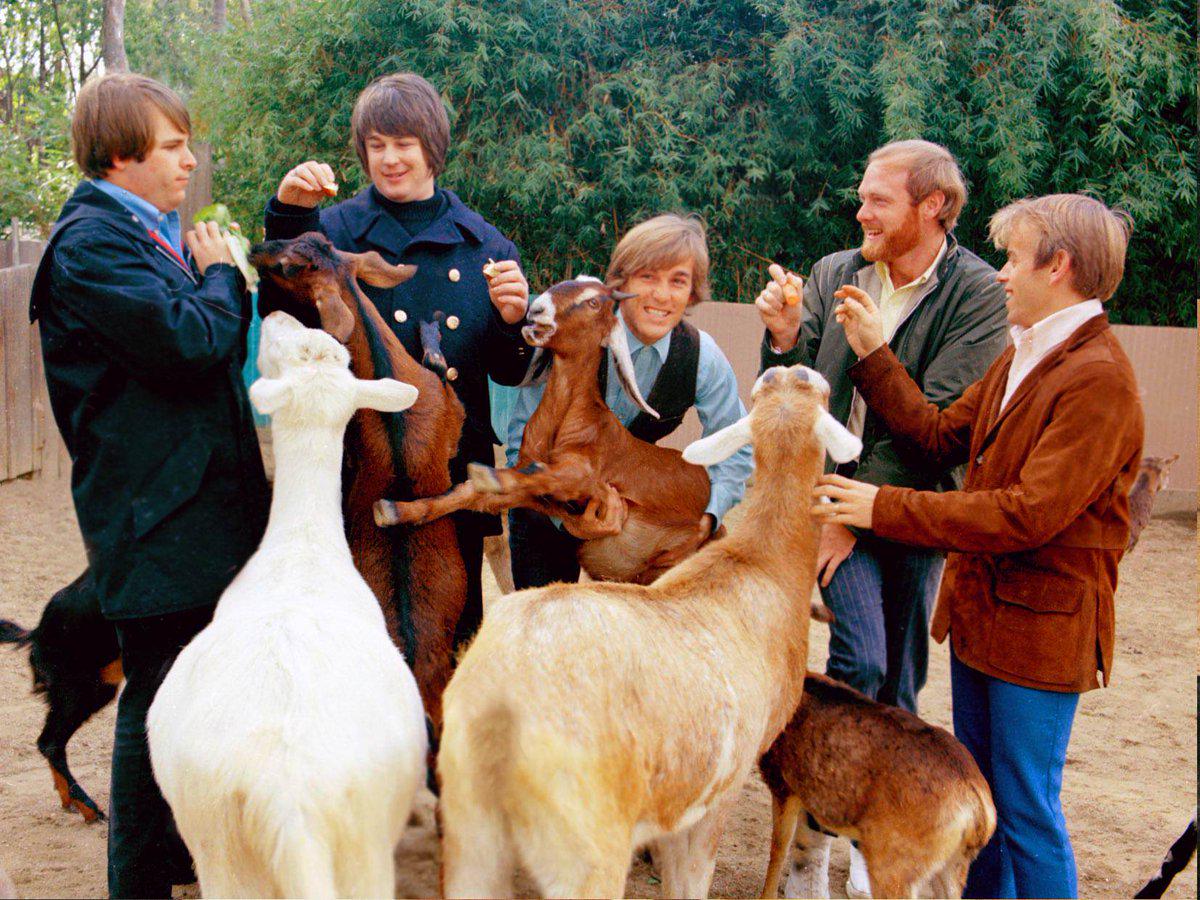
 USARockPop Rock
USARockPop Rock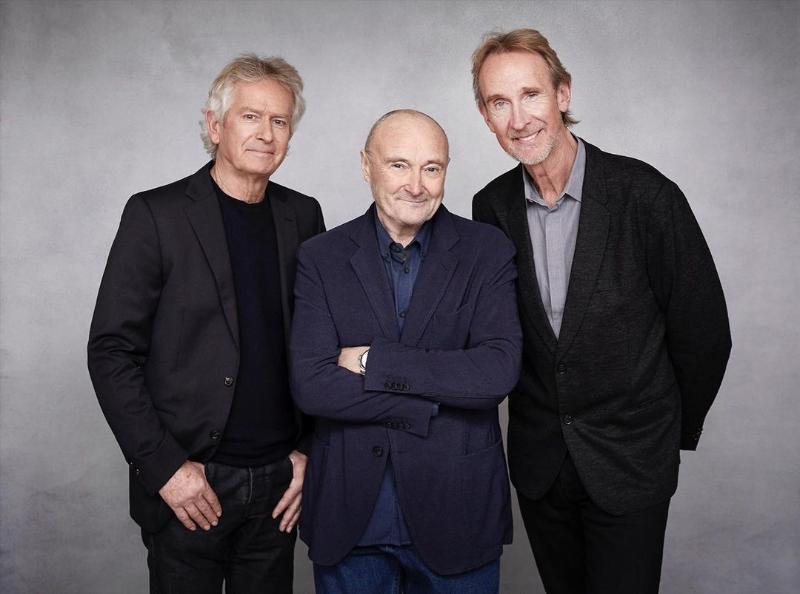
 GBRRockProgressive Rock
GBRRockProgressive Rock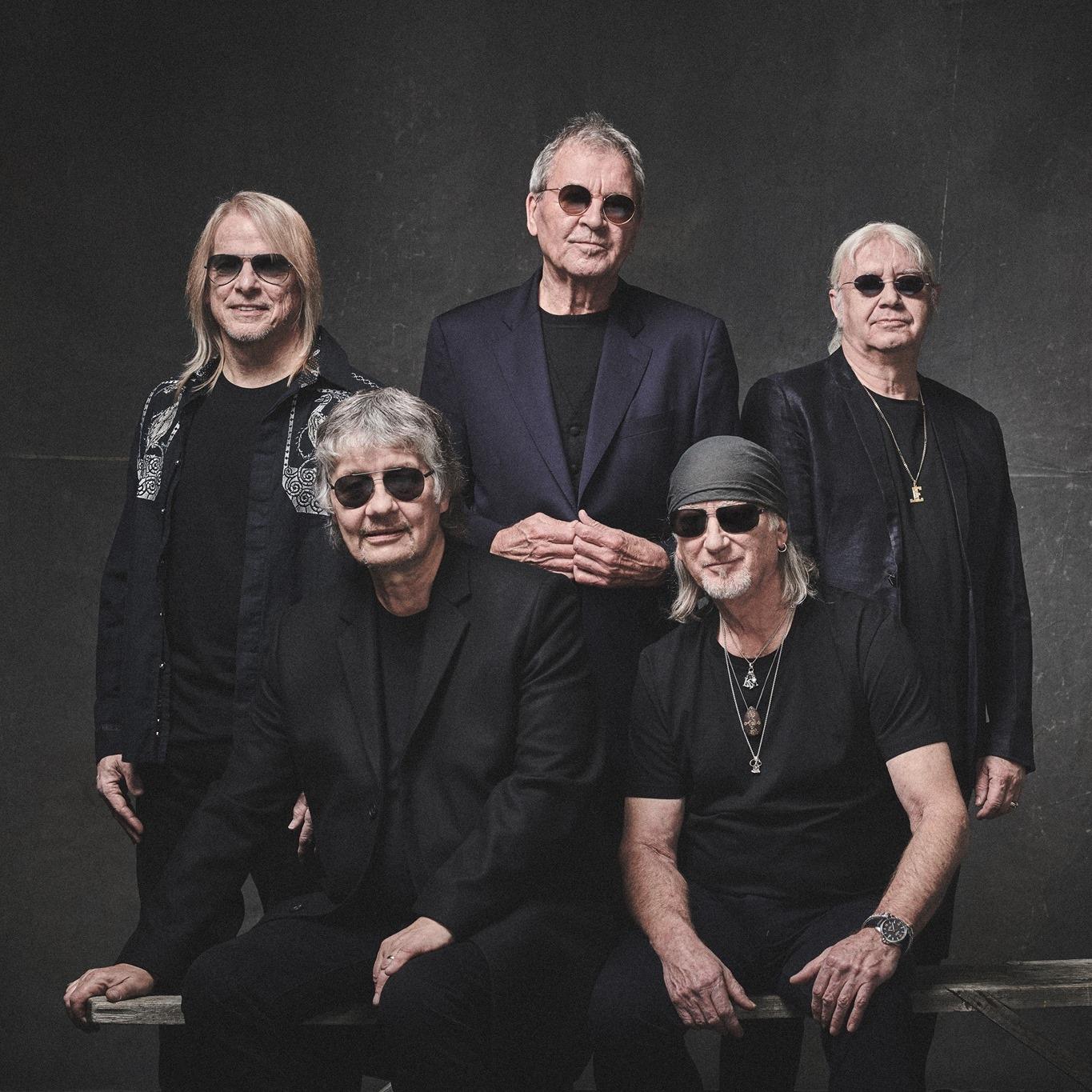
 GBRRockHard Rock
GBRRockHard Rock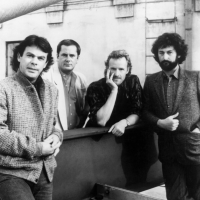
 GBRRockProgressive Rock
GBRRockProgressive Rock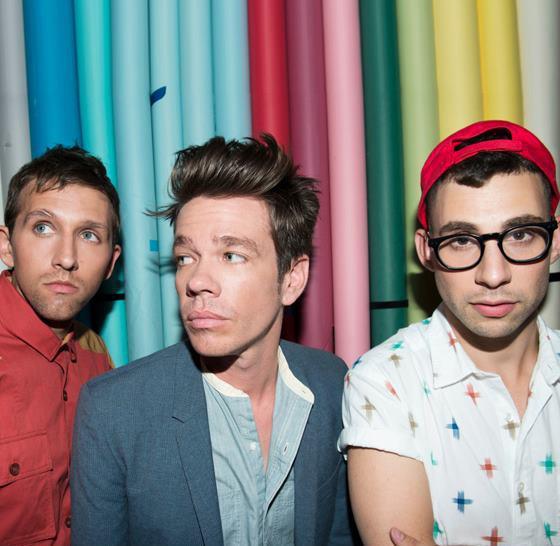
 USAPopIndie Pop
USAPopIndie Pop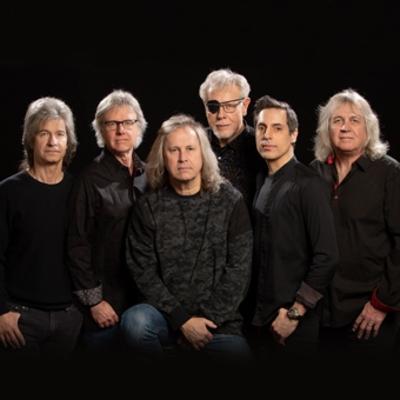
 USARockProgressive Rock
USARockProgressive Rock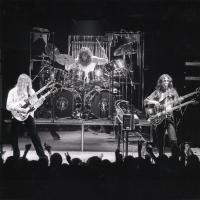
 CANRockProgressive Rock
CANRockProgressive Rock
 USARockPop Rock
USARockPop Rock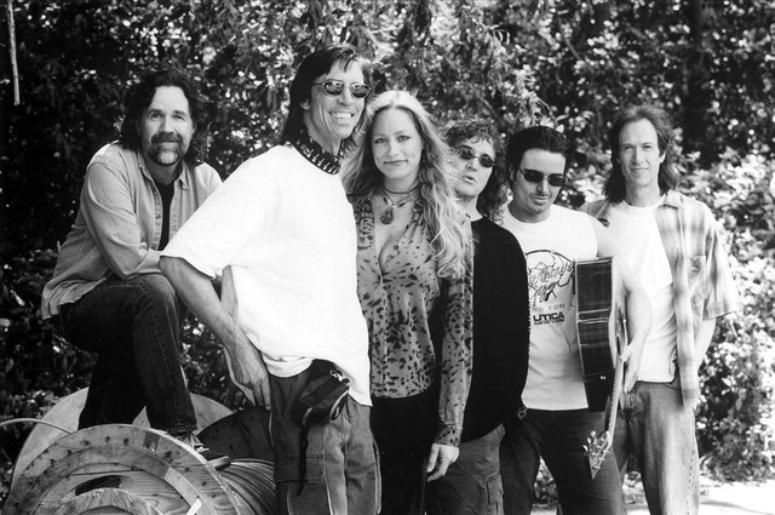
 USARockProgressive Rock
USARockProgressive Rock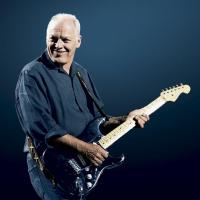
 GBRRockPsychedelic Rock
GBRRockPsychedelic Rock
 GBRRockProgressive Rock
GBRRockProgressive Rock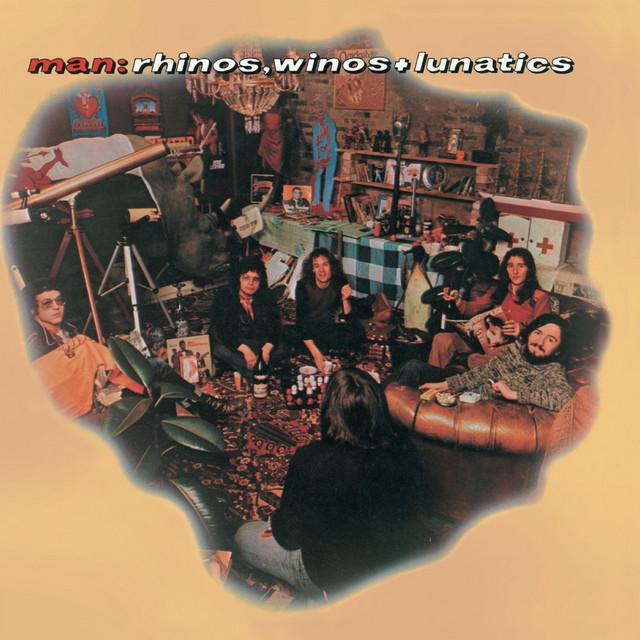
 AUSRockProgressive Rock
AUSRockProgressive Rock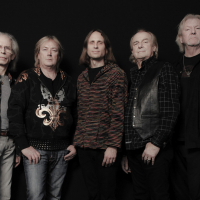
 GBRRockProgressive Rock
GBRRockProgressive Rock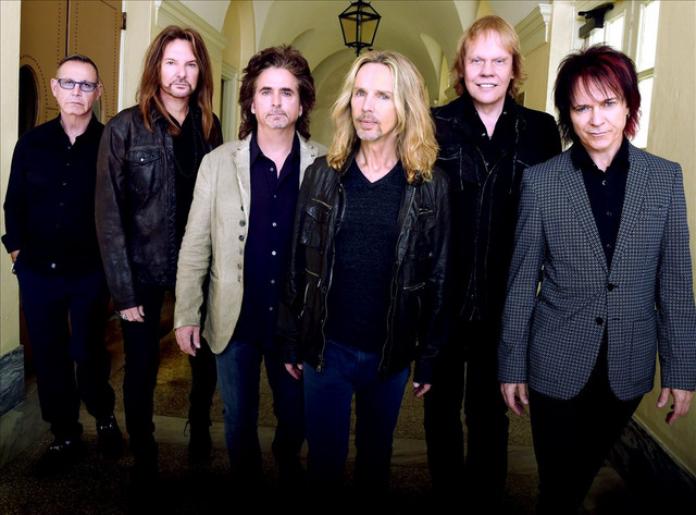
 USARockProgressive Rock
USARockProgressive Rock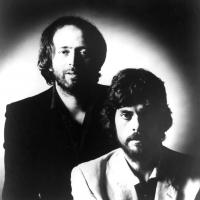
 GBRRockProgressive Rock
GBRRockProgressive Rock Viberate
Viberate










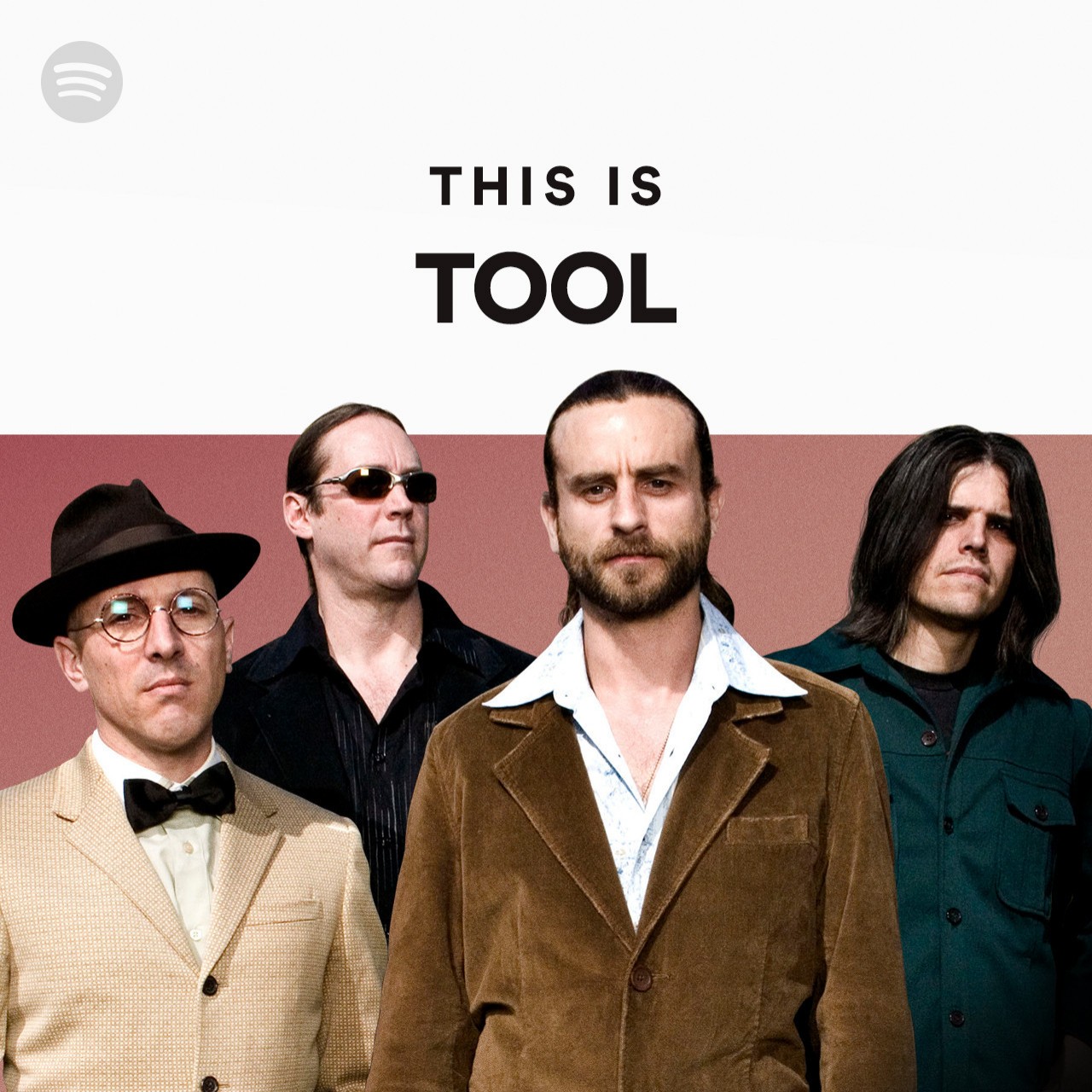


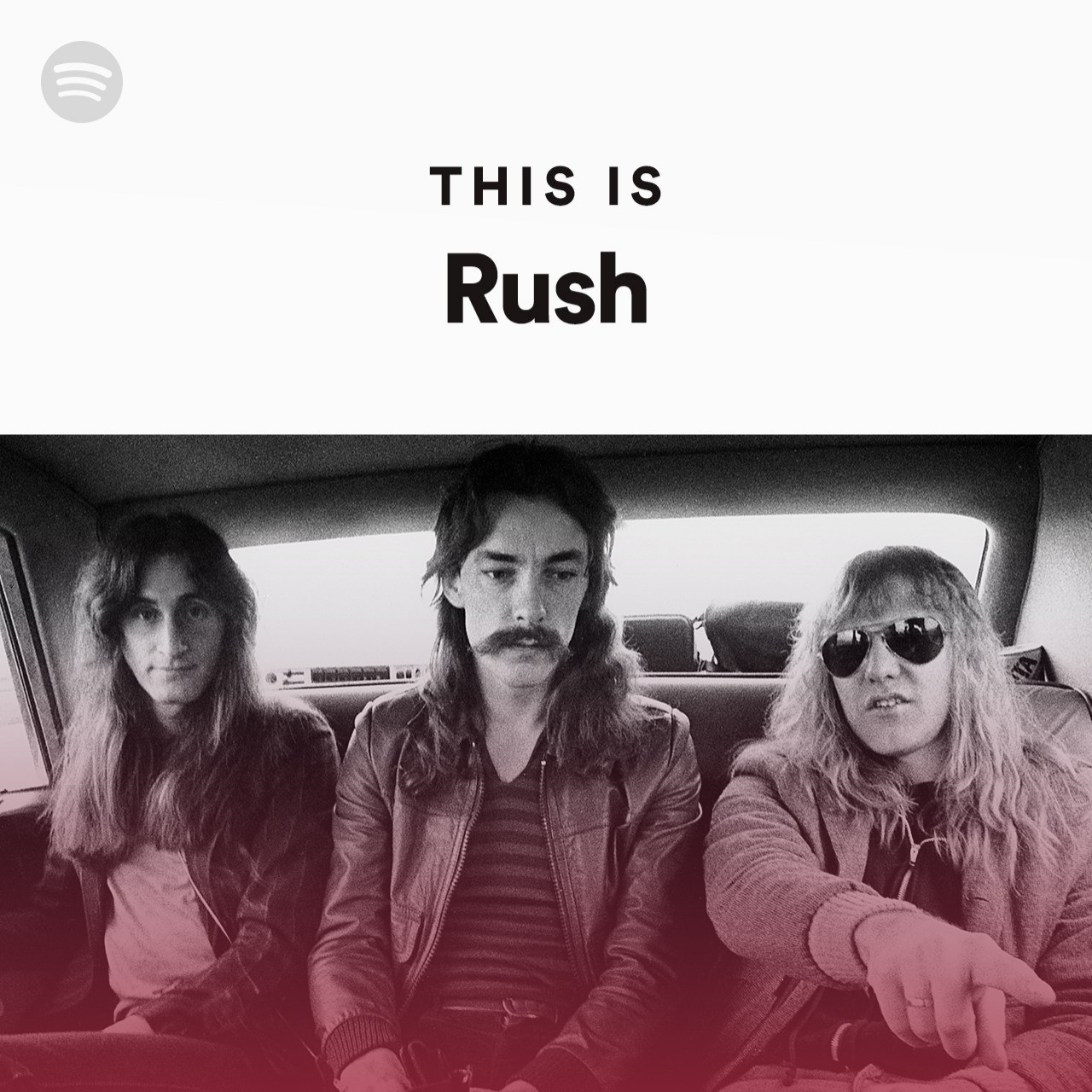
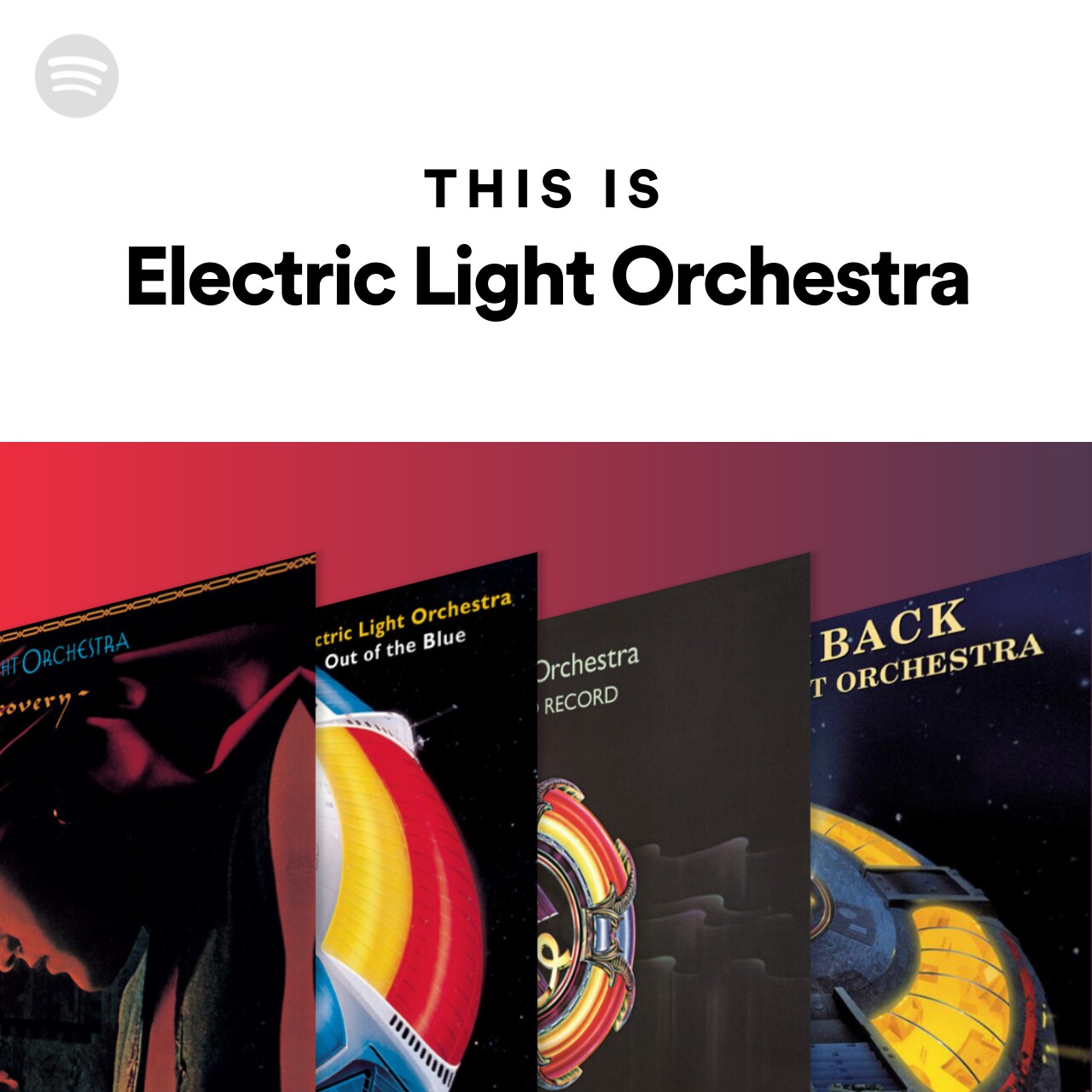
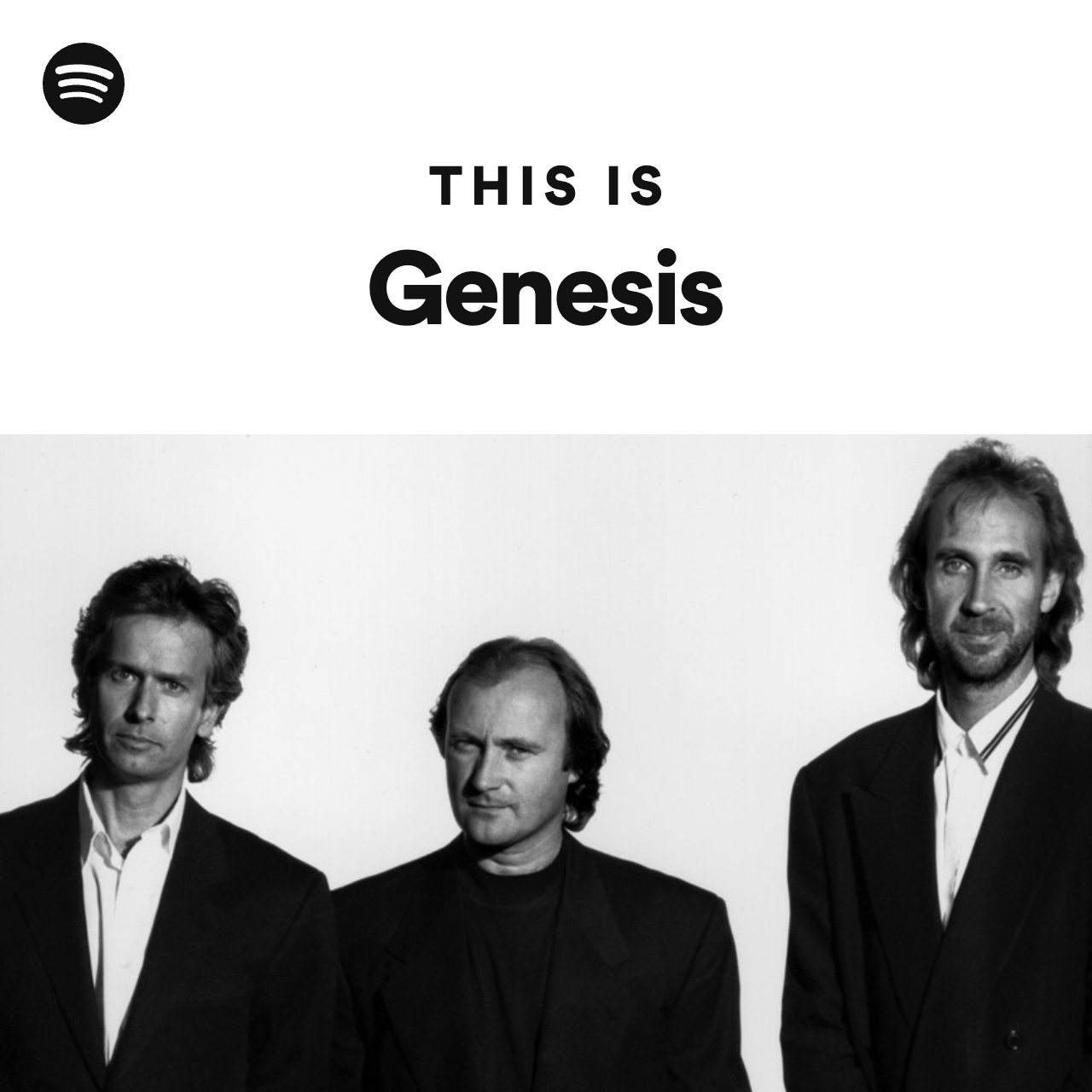





 SGP
SGP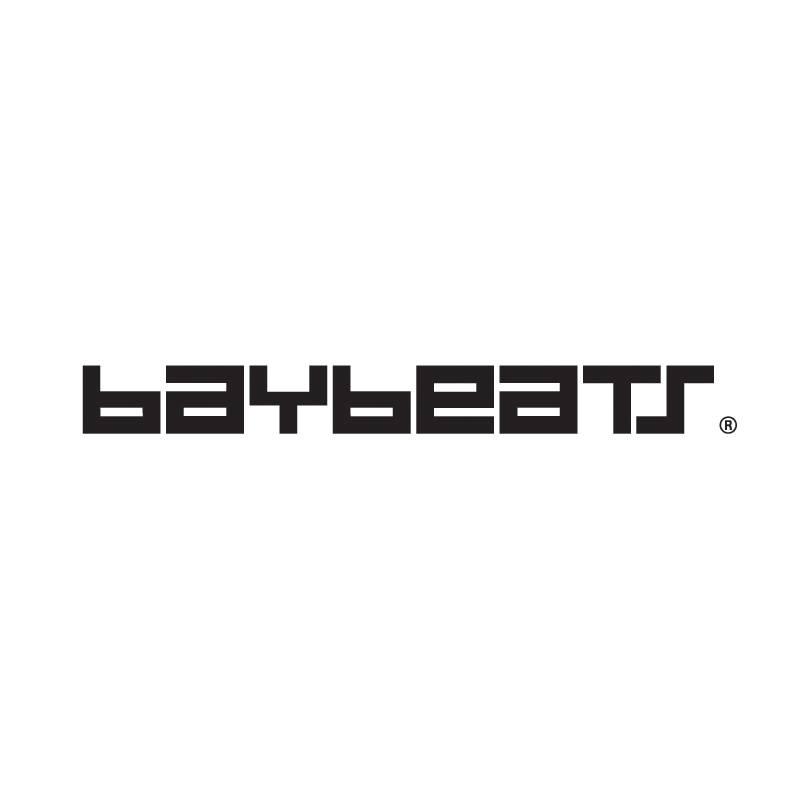
 DEU
DEU